 "Truly, truly, I say to you, unless a grain of wheat falls into the earth and dies, it remains alone; but if it dies, it bears much fruit. Whoever loves his life loses it, and whoever hates his life in this world will keep it for eternal life."
"Truly, truly, I say to you, unless a grain of wheat falls into the earth and dies, it remains alone; but if it dies, it bears much fruit. Whoever loves his life loses it, and whoever hates his life in this world will keep it for eternal life."
-- Jesus to his disciples (John 12)
11th Hour (a movie produced by Leonardo DiCaprio, designed to raise environmental awareness) leaves us with the question: "What shall we do now?" As Dr. Lanning said in I,Robot: "That, detective, is the right question."
11th Hour inspires a healthy sense of urgency about the escalating environment issues we are creating for ourselves as we continue to consume too much and pollute too much either by littering or by burning fossil fuels. This movie instills a genuine moral compunction about our fragile ecological surroundings.
The creators of 11th Hour have faith in human ingenuity, though not so much in people's willingness to use that ingenuity for the greater good. There are already a few people who will go out of their way to develop technology and change their habits for the good of our environment, but are there enough of these kinds of people? Who will be willing to sacrifice their own priorities and comforts so that humanity will be able to go on living on planet earth? Who will offset the overall trend, which is to consume and pollute without regard to our environment?
The question, again, is "What shall we do now?" The scientific specialists in 11th Hour would answer, "Look to nature, there is in answer in there somewhere."
The cycles we observe in nature hint at the answer. A blade of grass is a complex, biological machine that is chewed and digested by grazing animals, which are also complex, biological machines. These creatures are complex but their relationship to one another is relatively simple: One dies so another might live. There is balance in nature when one species doesn't demand to live at the expense of other species.
This is also true for human beings in a spiritual or moral sense. We will live in harmony with one another to the extent that we follow the example of Jesus Christ, who died for other people's benefit.
We will be able to die to ourselves, or sacrifice our own priorities to the extent that we trust God to take care of us (Jesus exemplifies this). Anyone who can say, "God's got my back," will possess an otherworldly freedom to give extravagantly, whether time, energy or resources.
It is unfortunate that death has to exist... it is the greatest enemy of anyone who clings to this life. Thus, the fear of death cripples most of us, preventing us from living truly free lives.
But Jesus redeemed death by making it an instrument for giving and encouraging life. For those of us who have died in Christ, we needn't fear death anymore; on the contrary, we can look forward to it. This applies both to the obvious, physical death, when we breathe our last as well as to following after Jesus, which requires of lifetime of gradual dying. The more we die to ourselves, which includes our rights, our needs, our desires, etc., the deeper we will dive into the freedom of knowing and trusting in God.


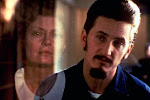


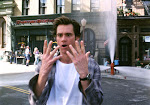


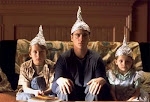

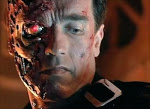
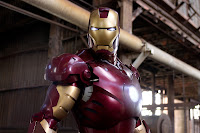






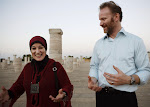


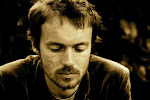


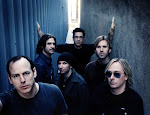
No comments:
Post a Comment